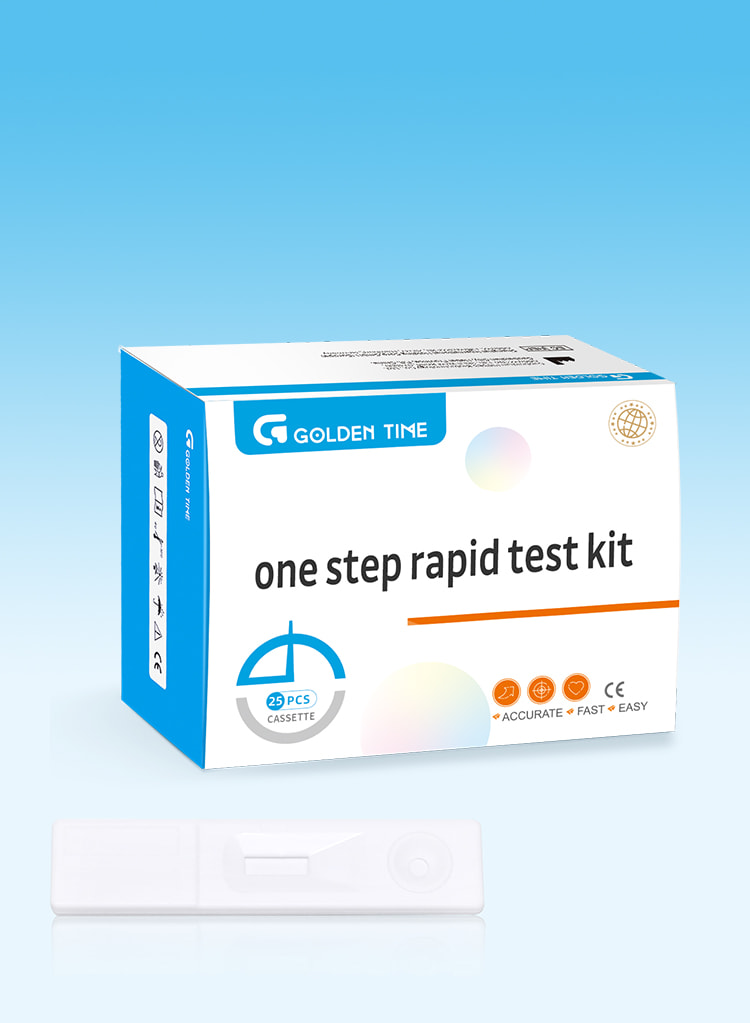Nov . 26, 2024 01:04 Back to list
Best Suppliers for Affordable FSH Test Prices You Can Trust
Understanding Best Fish Test Prices from Suppliers
In the ever-evolving world of aquaculture and seafood production, ensuring the quality of fish is paramount. One aspect that plays a crucial role in determining fish quality is the testing of various parameters, including biochemical makeup, contaminants, and overall freshness. To facilitate this process, suppliers of best fish test kits and services have emerged, offering various options for businesses and individuals engaged in the fishing industry.
When sourcing from suppliers, one of the first considerations is the pricing of these fish testing services or kits. Understanding the competitive landscape can help buyers make informed decisions, ensuring they get the best value for their investment. The prices can vary significantly based on several factors, including the type of test required, the technology used, and the supplier's reputation.
Factors Affecting Fish Test Kit Prices
1. Type of Test There are numerous types of fish tests available in the market, such as microbiological tests, chemical analyses, and sensory evaluations. Each test serves different purposes, from checking for pathogens to assessing chemical residues. Consequently, the complexity of testing will influence the overall cost.
2. Technology Used Suppliers often utilize varied technologies to conduct fish tests. Some may employ advanced techniques like PCR (Polymerase Chain Reaction) for detecting pathogens, while others might use simpler methods. The investment in technology reflects in the pricing structure, with more sophisticated tests generally commanding higher prices.
best fsh test price suppliers

3. Supplier Reputation Established suppliers with a proven track record often charge more due to their reliability and the quality of their testing processes. It is essential to consider the supplier's reputation, past customer reviews, and certification statuses before making a purchase.
4. Volume Purchase Discounts Many suppliers offer discounts for bulk purchases or long-term contracts. Businesses looking to ensure consistent testing may benefit from negotiating terms that reduce costs in exchange for a guaranteed volume of tests over time.
5. Shipping and Handling If the testing equipment or kits are to be transported, it's important to factor in additional shipping costs. Some suppliers may have better logistics, offering faster and cheaper shipping arrangements.
Conclusion
Finding the best fish test prices from suppliers requires careful consideration of these factors. For businesses in the fish industry, making informed decisions about testing can save time and resources while ensuring compliance with health regulations and maintaining product quality. While price is a key consideration, it’s essential to weigh it against the reputation of the supplier, the appropriateness of the test for specific needs, and the reliability of results. Ultimately, investing in quality fish testing services is not just a financial commitment but a vital element of maintaining trust in the seafood market and safeguarding public health. As the industry continues to grow, so will the innovation in fish testing technology, leading to a more reliable and sustainable future for seafood production.
-
Reliable Early Pregnancy Test Kit Supplier - Multi Plastic Cassette Options
NewsJul.30,2025
-
Transferrin Rapid Test Cassette – Reliable Tumor Marker Detection
NewsJul.29,2025
-
Accurate Follicle Stimulating Hormone Test Kit | Rapid Reliable Results
NewsJul.29,2025
-
High Accuracy LH Ovulation Test Kit - Digital Results & Wholesale Options
NewsJul.29,2025
-
HbsAg Blood Rapid Test Kit for Fast & Accurate Hepatitis B Detection
NewsJul.28,2025
-
Sterile Urine Cup for Safe & Easy Collection | High-Quality Specimen Cups
NewsJul.28,2025

